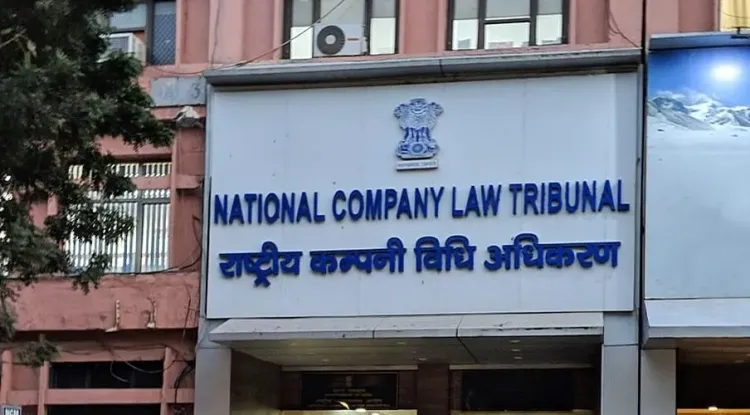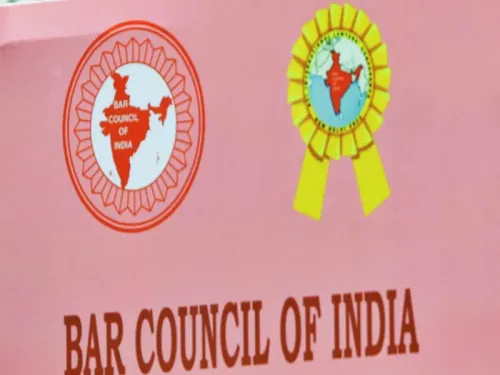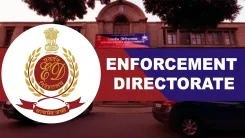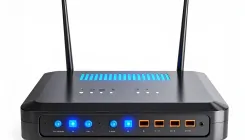Can Insolvency Be Used to Hinder ED Investigations Against a Bankrupt Firm?

Synopsis
Key Takeaways
- NCLT ruling affirms ED's authority in money laundering matters.
- Insolvency Code cannot hinder legal proceedings under PMLA.
- Serious allegations against Shakti Bhog Snacks Limited.
- Precedent set for future corporate accountability.
- Judicial overreach concerns addressed by NCLT.
New Delhi, July 3 (NationPress) The National Company Law Tribunal (NCLT) has reinforced the authority of the Enforcement Directorate regarding the management of proceeds of crime associated with money laundering, asserting that such authority supersedes creditor claims against a 'bankrupt' entity under the insolvency code, as reported by an official on Thursday.
The ruling from the Tribunal's panel, which included Bachu Venkat Balram Das and Sanjeev Ranjan, addressed the case involving Shakti Bhog Snacks Limited, stating: “The Insolvency and Bankruptcy Code (IBC) cannot serve as a tool to obstruct or bypass the lawful processes established under the Prevention of Money Laundering Act, 2002.”
In its judgment issued on June 30, the NCLT noted: “Dissolution under Section 54 of the IBC results in the Corporate Debtor no longer existing as a legal entity. Such an outcome would inevitably hinder the ongoing criminal prosecution under the PMLA.
“Thus, this Adjudicating Authority sees no justification in the request for dissolution and refuses to grant the relief sought under Section 54 of the Code.”
Given the serious and substantiated allegations of money laundering, alongside the Corporate Debtor's acknowledged status as an accused in ongoing proceedings under the Prevention of Money Laundering Act, 2002, and the active prosecution in the Special Court, this Adjudicating Authority believes that permitting the “dissolution of the Corporate Debtor at this stage would be premature, inadmissible, and against the established legal framework.”
The NCLT supported the ED’s argument that allowing dissolution despite the ongoing Special PMLA Court’s cognizance of the Corporate Debtor would equate to judicial overreach and would undermine the federal probe agency’s capacity to finalize its investigation, pursue trial, and recover proceeds of crime.
The ED informed the NCLT that it submitted a fifth Supplementary Prosecution Complaint on September 20, 2024, designating the Corporate Debtor as an accused and freezing one of its bank accounts under the PMLA.
Previously, allegations surfaced claiming that the company engaged in money laundering and diverted ₹97.87 crore to six entities using loan funds from its parent company, Shakti Bhog Foods Limited.
The Tribunal bench also referenced a Supreme Court ruling confirming that the NCLT and the National Company Law Appellate Tribunal (NCLAT) lack jurisdiction to interfere with proceedings or orders issued under the PMLA, including attachment orders or criminal prosecutions.









